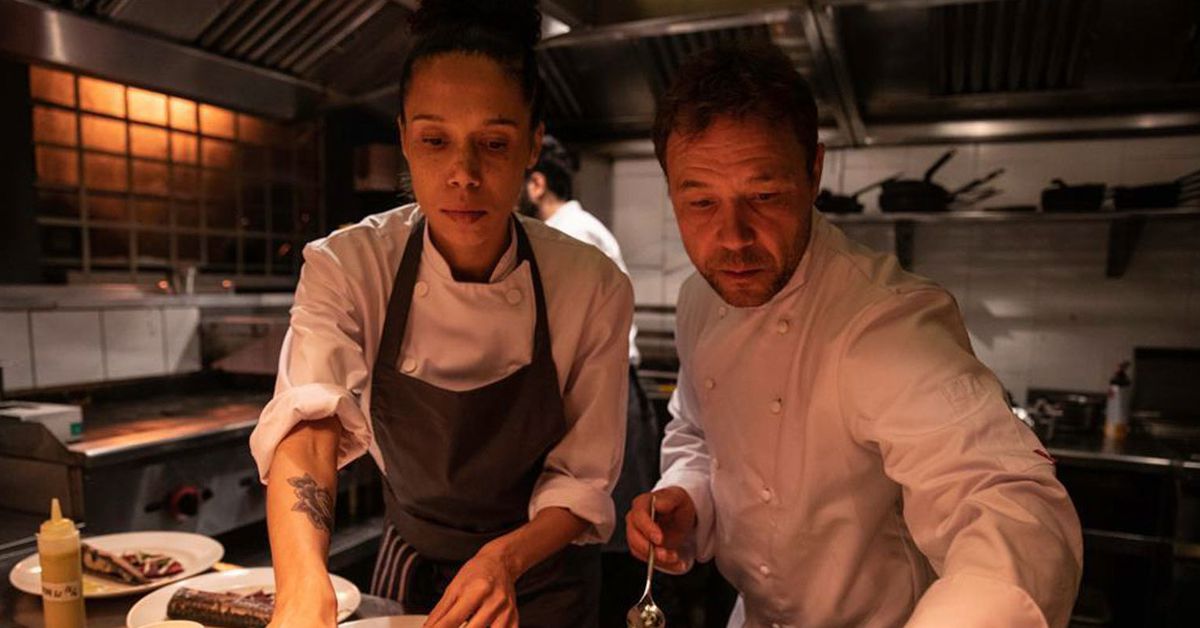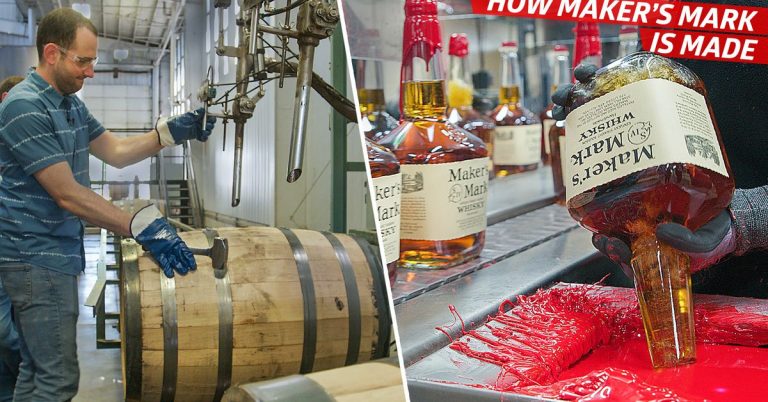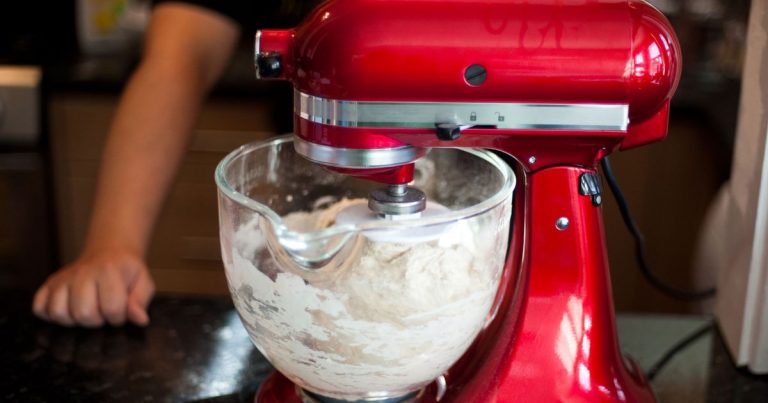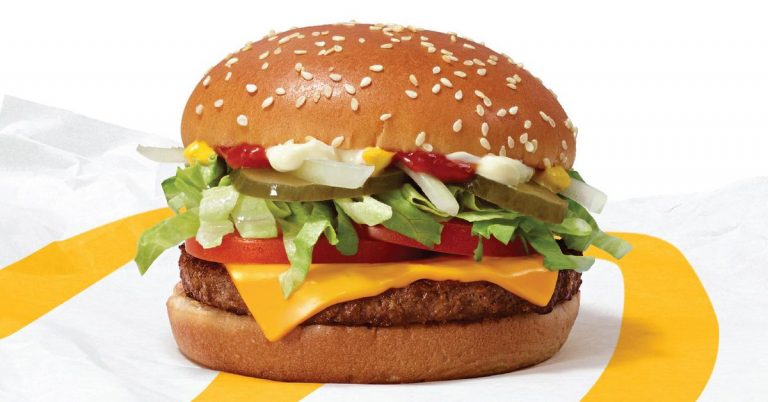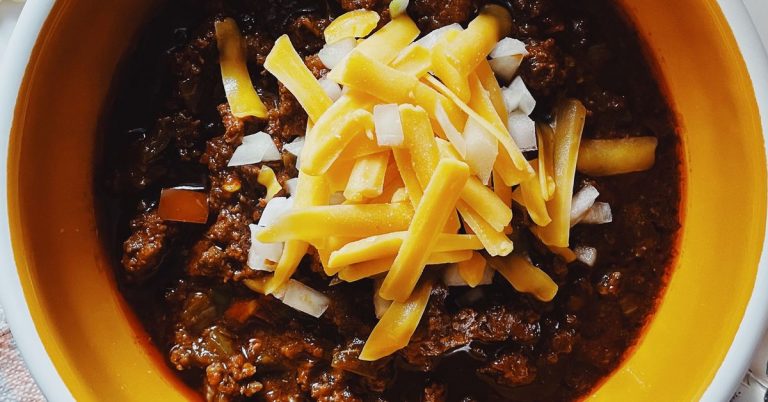Boiling Point Film Review: Stephen Graham Is a Chef on Fire
Boiling Point has to work harder than most restaurant films before service even begins. Dramas centred around the fine dining genius chef (Burnt, the upcoming Taste of Hunger) can use rareified cuisine like a crutch, treating food like art to convince audiences that they should treat the films like art too. That’s less true of a low-lit, Instagram-influencer attracting kitchen in the trendy part of town, where Old Fashioneds come in coupe glasses and celebrity chefs are glib wankers. We’ve been here before — even if it was about 10 years ago.
Thanks to Boiling Point’s commitment to a warts-and-all picture of a restaurant, front to back, this recognisable verisimilitude — the appearance, not presence, of truth that much art aspires to — can start to blur lines between fiction and documentary. More diners can see in this fictional restaurant a version of a restaurant they’ve been to, than in Burnt and its brigade; more chefs can see a kitchen they’ve worked in and more front-of-house staff a floor they’ve walked.
But fiction this is. Directed by Philip Barantini and filmed in Dalston’s Jones & Sons, it opens with the hoariest drama cliché in the book — overworked father apologising for missing crucial child’s event. It continues with environmental health inspector (Thomas Coombes) telling chef-owner Andy (Stephen Graham) his restaurant has dropped from 5/5 to a 3/5 because “in the last couple of months, there’s lots of gaps”: The most telegraphed possible metaphor for Andy’s decline as chef and father. There’s a third act crisis; a busted redemption and a literally unbelievable ending; staff gossip and gripe. Ambulance sirens, hints of romance, punches thrown, pans dropped. Chefs are not paid enough; chefs do and drink too much.
In dramatising almost everything a restaurant can endure in just 90 minutes, Boiling Point is necessarily full to the brim, losing the more realistic accumulation of pressure and grievances over service after service that a television drama can earn. But that is the bind of a piece of fiction clearly trying to say something about real restaurants in the real world in a very unrealistic time-frame. A service in which nothing remarkable happened might be more truthful. It would also be extremely boring.
:no_upscale()/cdn.vox-cdn.com/uploads/chorus_asset/file/23181996/boilingpoint2.jpg)
To try to seal this precarious deal, Boiling Point employs a single tracking shot: a camera that at first glance follows everything, stalking the cast. It’s “nerve-jangling”; it’s “claustrophobic”; it’s “incendiary”; it’s “riveting.” It joins the loaded plot to present the kitchen as a nexus of every tribulation that can possibly exist, Andy a vast planet, around which everything orbits but too easily escapes his gravity.
At times, this approach feels hammy, like it’s compensating for storytelling flaws. But it also very effectively draws attention to how the staff’s problems get steamrolled by Andy’s propulsive momentum. Andrea’s (Lauryn Ajufo) struggle with a brash, racist wino isn’t just glossed over by her oblivious colleagues; it’s literally pushed out of frame. At one point, a junior pastry chef (Stephen McMillan) stirs a tart filling in a trance, while Andy and head pastry chef Emily (Hannah Walters) talk across him. Minutes later, he reveals a hidden struggle to Emily in private. When sleeves are rolled up, the camera moves on, and the moment is discarded, it’s tragic rather than thrown away.
The effect is well-matched by a dialogue peppered with “I’m sorry,” “I’ll get on it,” and endless drinks offered and catch-ups proposed that will never actually take place. Even the boring bits work, with a lengthy taking-out-the-bins sequence stretched by a kitchen porter stealing a break.
These are the film’s strengths.
Its inevitable weakness is story — a sort of loose threading together of increasingly perilous situations that never quite cohere beyond happening simultaneously — again, that pesky verisimilitude. Would there be this much pre-prep during an overbooked service? Would a chef-owner and their sous chef, Carly (the brilliant Vinette Robinson) really just chat divorce while saucing? Has anyone ever said, “I need you to soigné everything on table 4?” But: that very quickly leads to “would all these once-in-a-blue-moon events happen over the course of 90 minutes in one restaurant to one chef, who is also in the middle of about four different crises?” This is where the crux of Boiling Point, and the reaction to it, hits.
For some chefs, it’s an outdated paean to the kitchens of 15 years ago. To others, it’s small-fry compared to the barracking they received. For some diners, it’s heaven, for other diners, it’s hell. For at least one person, it’s … Something. But what it is definitively not is a documentary. Whether or not it hits different is secondary to whether or not it succeeds on its own terms, and as a 90 minute build of increasingly implausible restaurant drama reaching … say the line … Boiling Point! it does a pretty good job.
This is why it’s in a different spot to its contemporary film rivals. Without the fake singular chef genius and artfully bleached, distant white kitchen sets, Boiling Point was always setting itself up as something to be recognised, as much as watched, whereas restaurant food treated like art as in Burnt is more looked at than eaten. Precisely where that feeling will hit cannot really be mapped by a review — just like how a restaurant review cannot really map how any diner other than its author might experience dinner, but nevertheless attempts to act as a guide to finding out. It’s in this simultaneous somewhere and nowhere, recognisable and unbelievable restaurant world that Boiling Point exists.
About halfway through the film, Andy makes another deferred promise to Carly that will never be kept. She’s uncertain that he will deliver on his words; he asks the question, “have I ever let you down? Have I ever let you down?” In her following silence lies the persuasive soul of his character and of Boiling Point as a whole: It wants you to believe it, even if it isn’t true.
